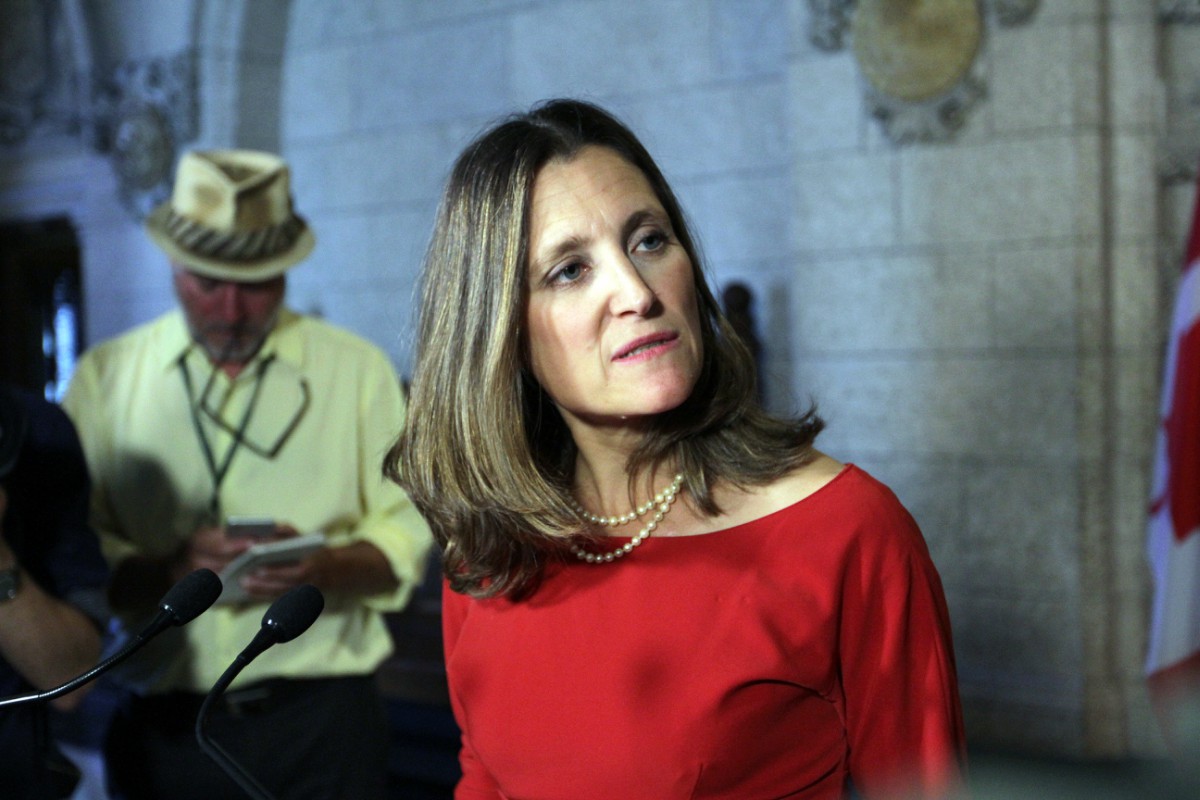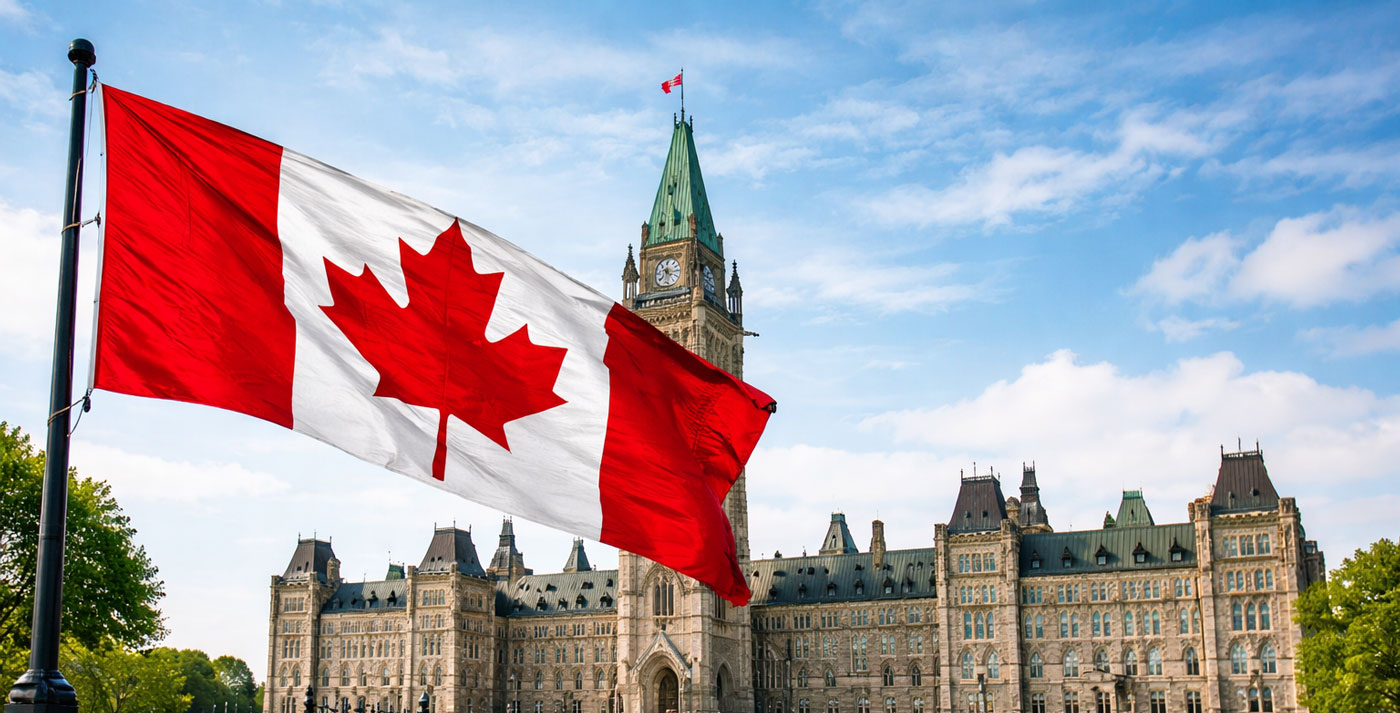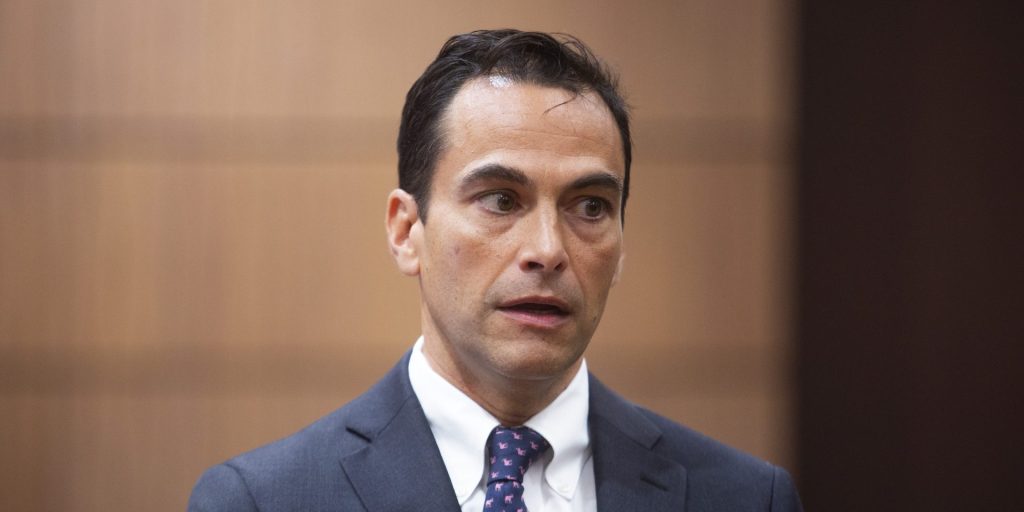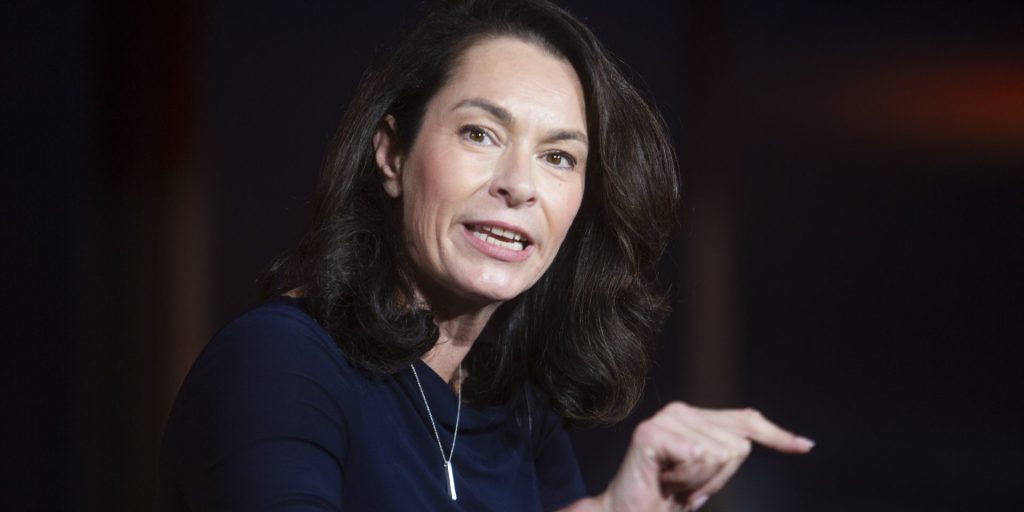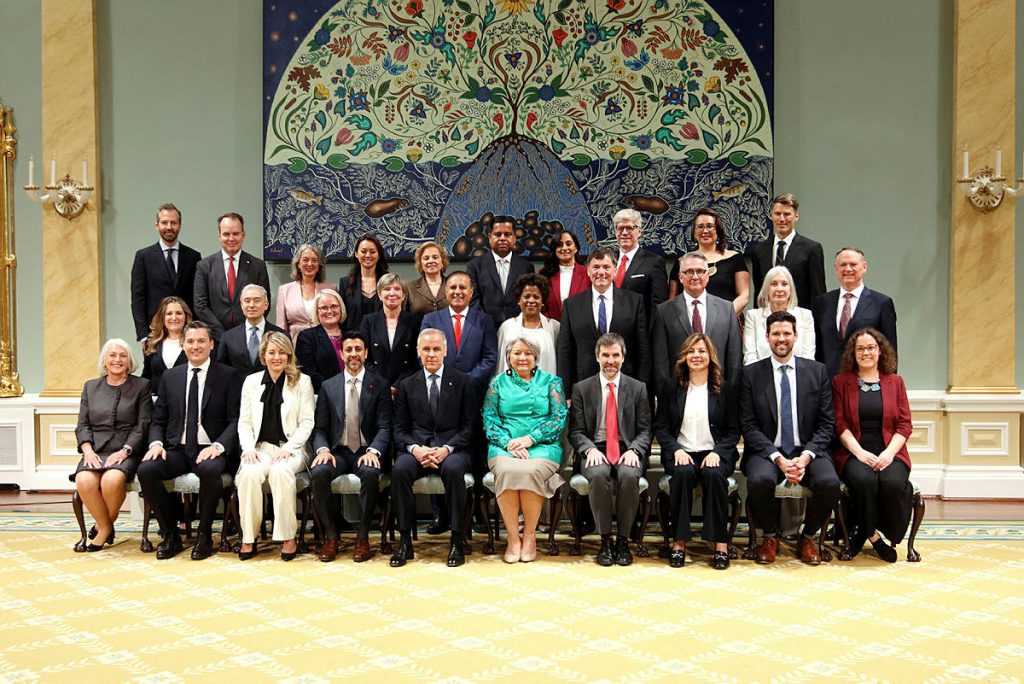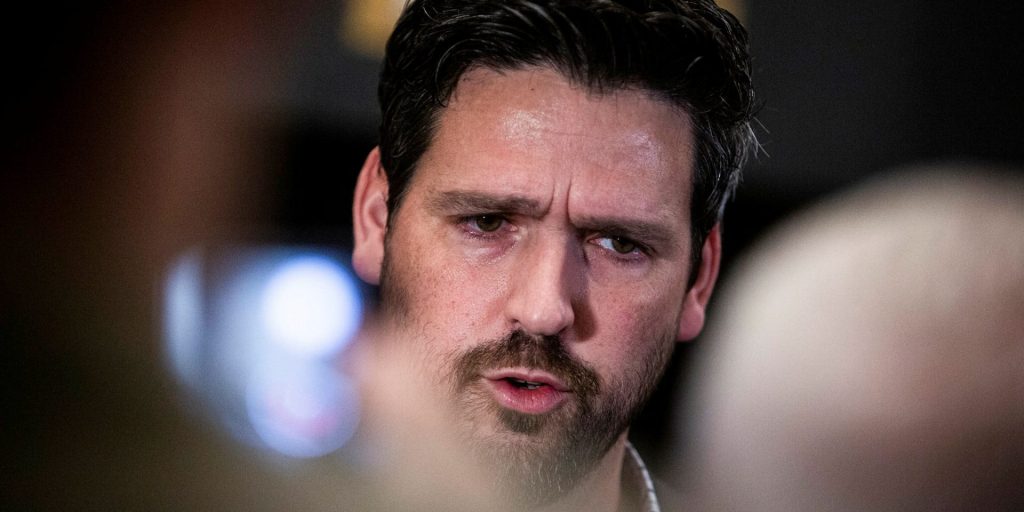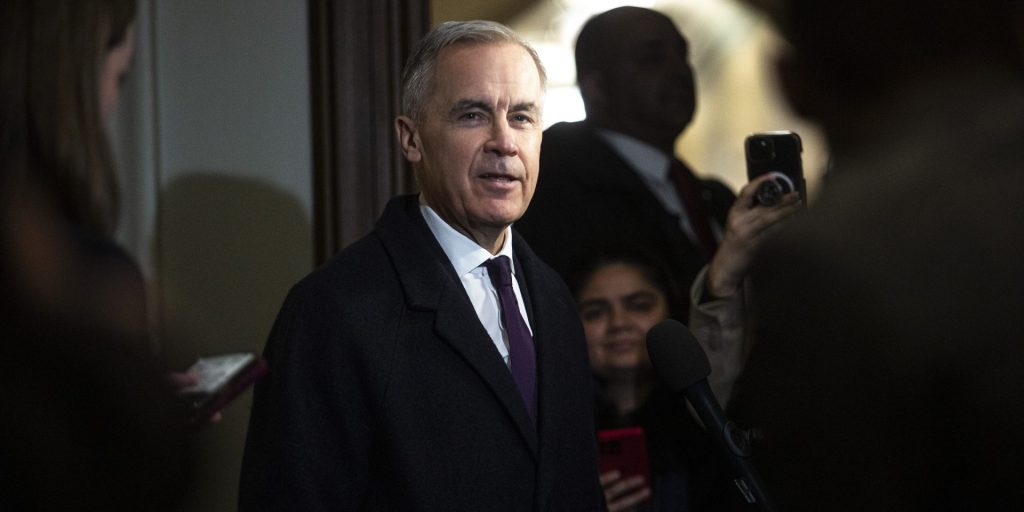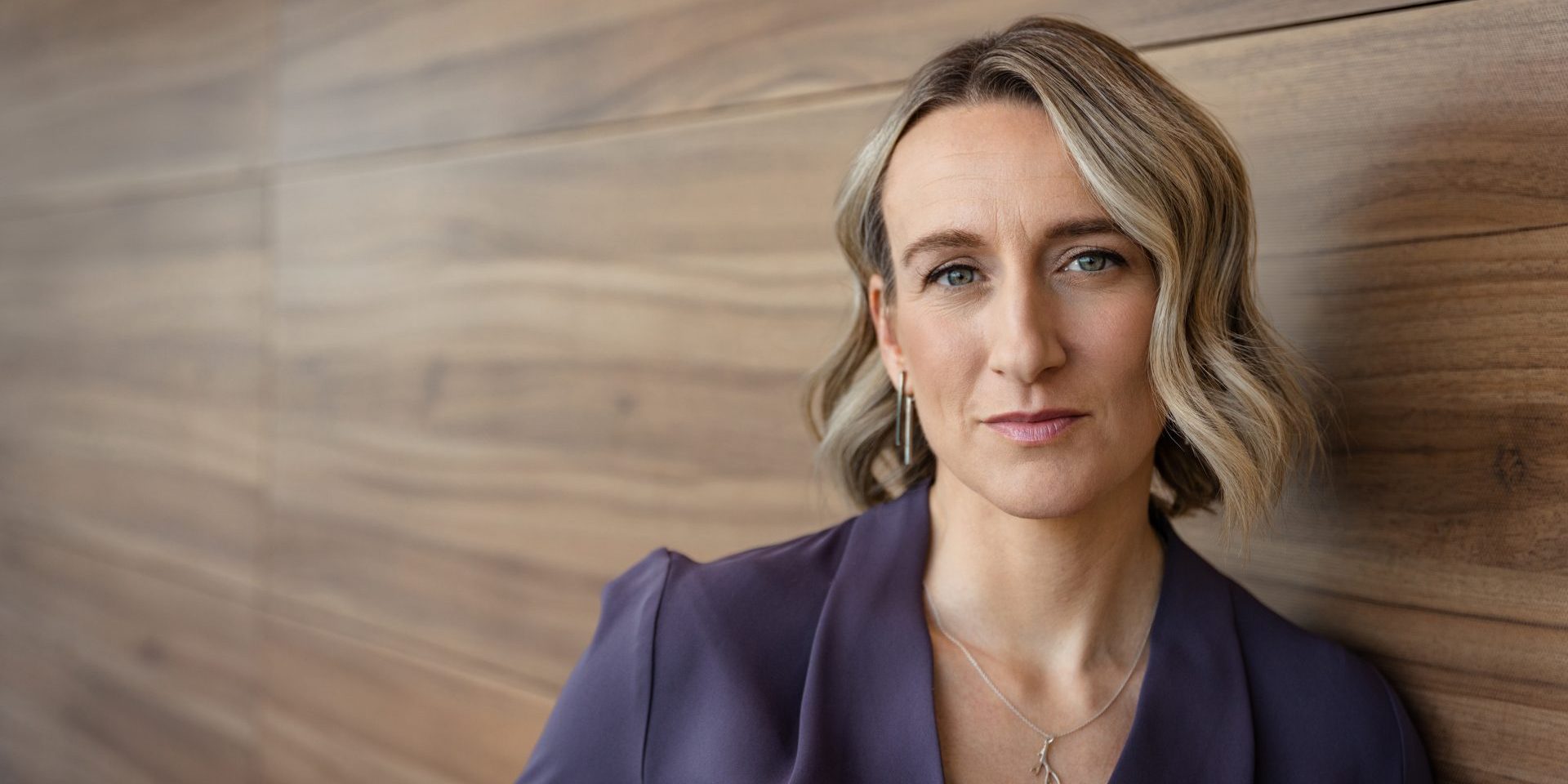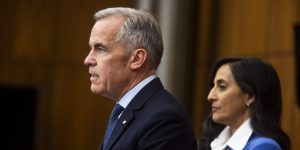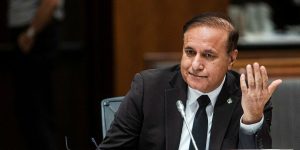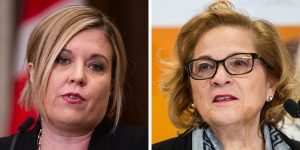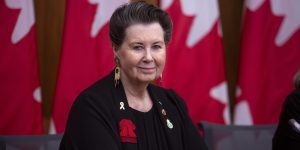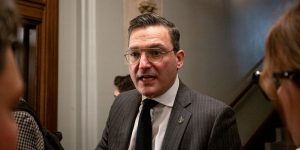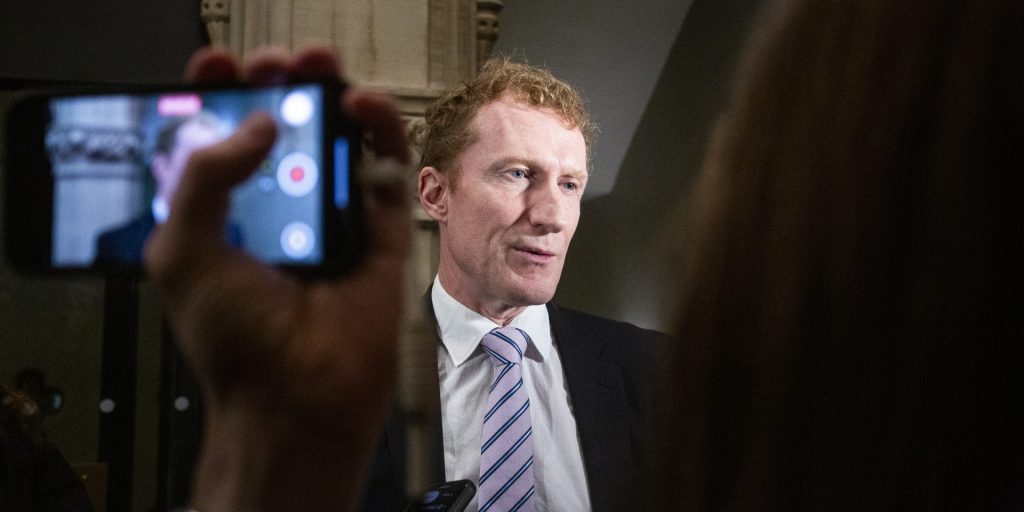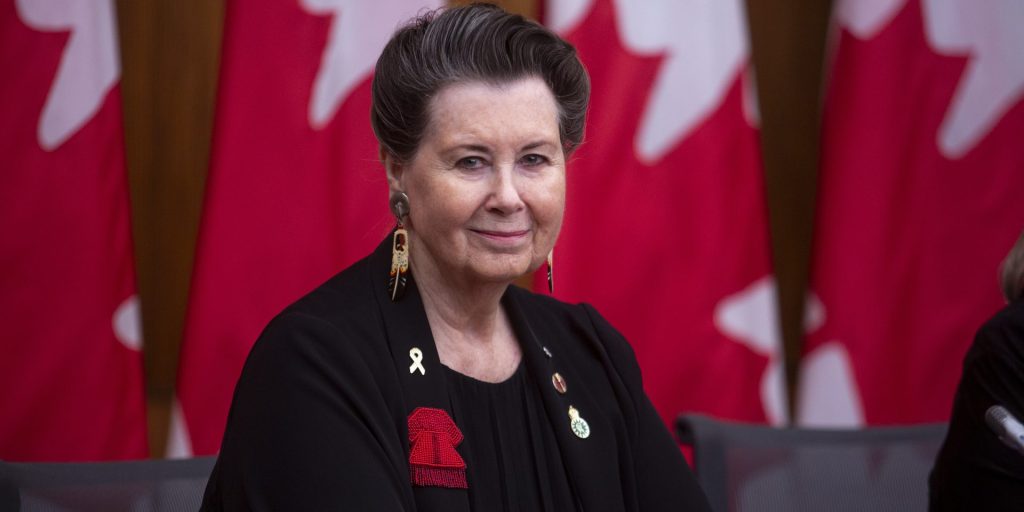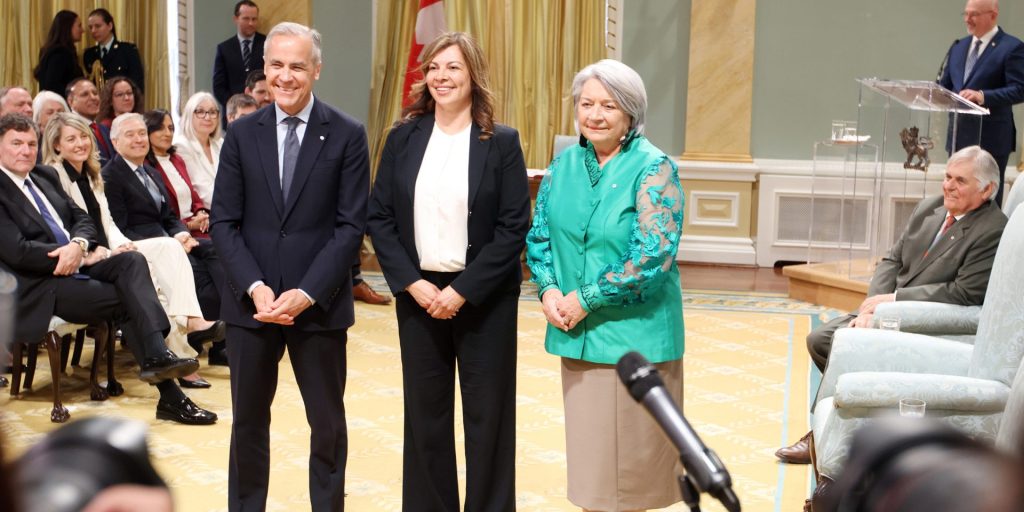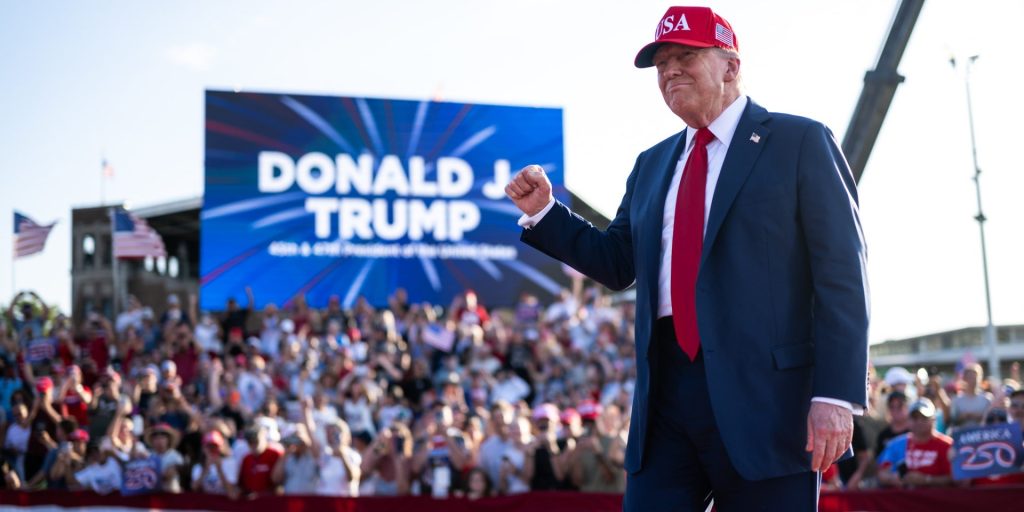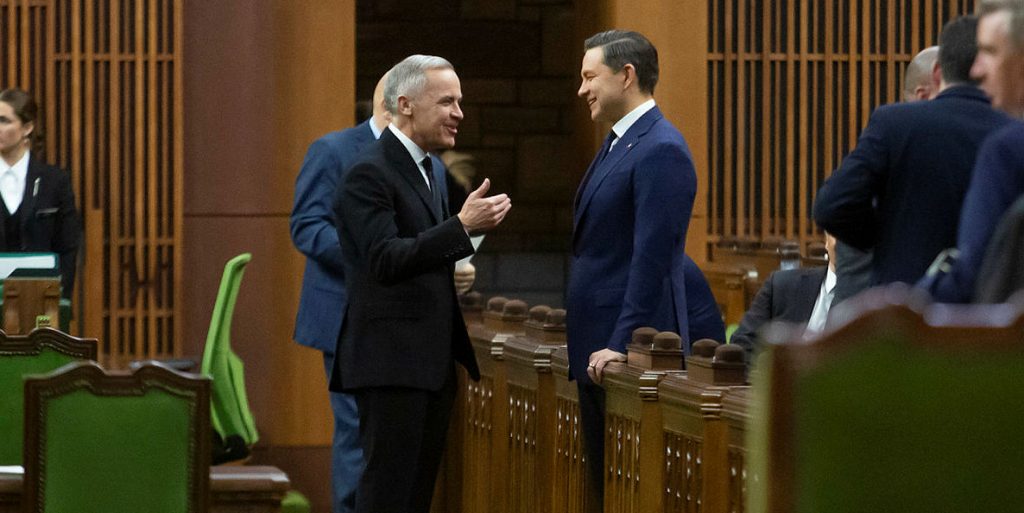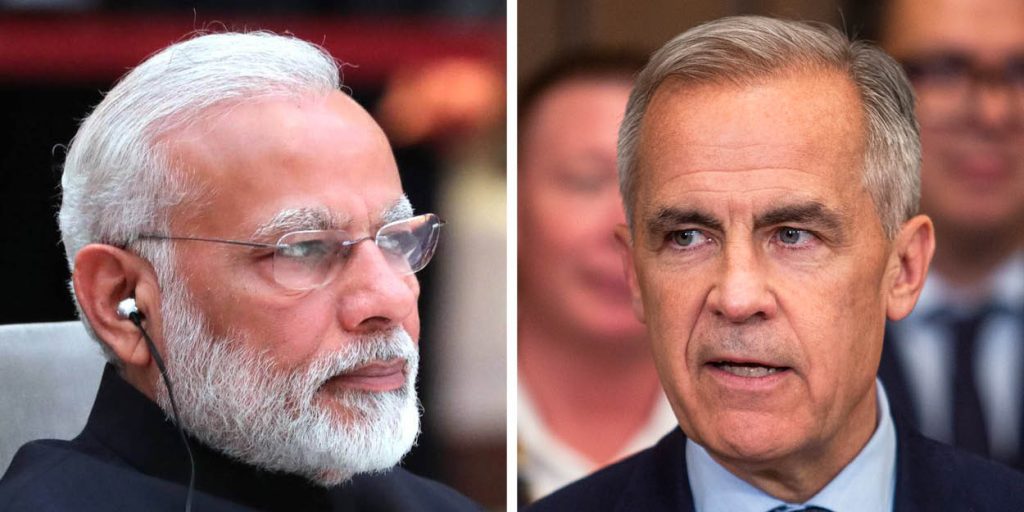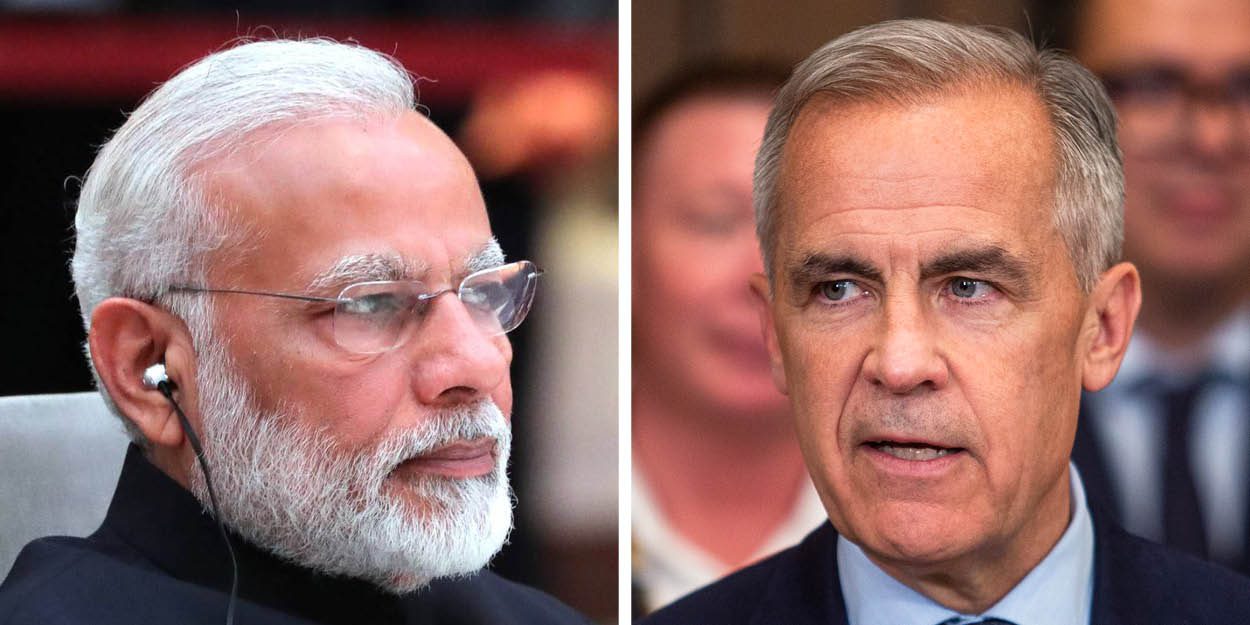Sponsored content
sponsored content
Get The Foreign Policy Newsletter
The key issues and people influencing Canadian foreign policy and diplomacy. Thursday.
By entering your email address you consent to receive email from The Hill Times containing news, analysis, updates and offers. You may unsubscribe at any time. See our privacy policy
FOLLOW THE HILL TIMES:
Want to make sure your whole office has the full Hill Times experience?
We have team plans available for companies, organizations, classes, Parliament Hill offices and more. Fill out this form and find out if your team is eligible for a discount.
More News

- Joss Reimer says she wants to tackle misinformation and disinformation, and place more emphasis on the social determinants of health and preventative health. She's also keeping a close eye on H5N1, also referred to as the bird flu, to ensure that Canada has an influenza pandemic plan in place.
- Joss Reimer says she wants to tackle misinformation and disinformation, and place more emphasis on the social determinants of health and preventative health. She's also keeping a close eye on H5N1, also referred to as the bird flu, to ensure that Canada has an influenza pandemic plan in place.
Most POPULAR
1
2
3
4
5
6
7
8
9
10
Related Stories
- Plus, Poilievre plans to meet the Reform UK Party Leader Nigel Farage in London, England.
- Plus, Poilievre plans to meet the Reform UK Party Leader Nigel Farage in London, England.


- Politics
- Foreign Policy
- Lobbying
- Legislation
- Policy Briefings
- Politics This Morning
- Hill Climbers
- Civil Circles
- Heard On The Hill
- Election
- Finance and Budget
- Public Service
- Exclusive Lists
- Parliamentary Calendar
- Top 100 Lists and Exclusive Features
- Podcasts
- This Week's Paper
- Search
- Archives
- Digital Newspaper Archives
- Politics
- Foreign Policy
- Lobbying
- Legislation
- Policy Briefings
- Politics This Morning
- Hill Climbers
- Civil Circles
- Heard On The Hill
- Election
- Finance and Budget
- Public Service
- Exclusive Lists
- Parliamentary Calendar
- Top 100 Lists and Exclusive Features
- Podcasts
- This Week's Paper
- Search
- Archives
- Digital Newspaper Archives
-
Get free news updates
